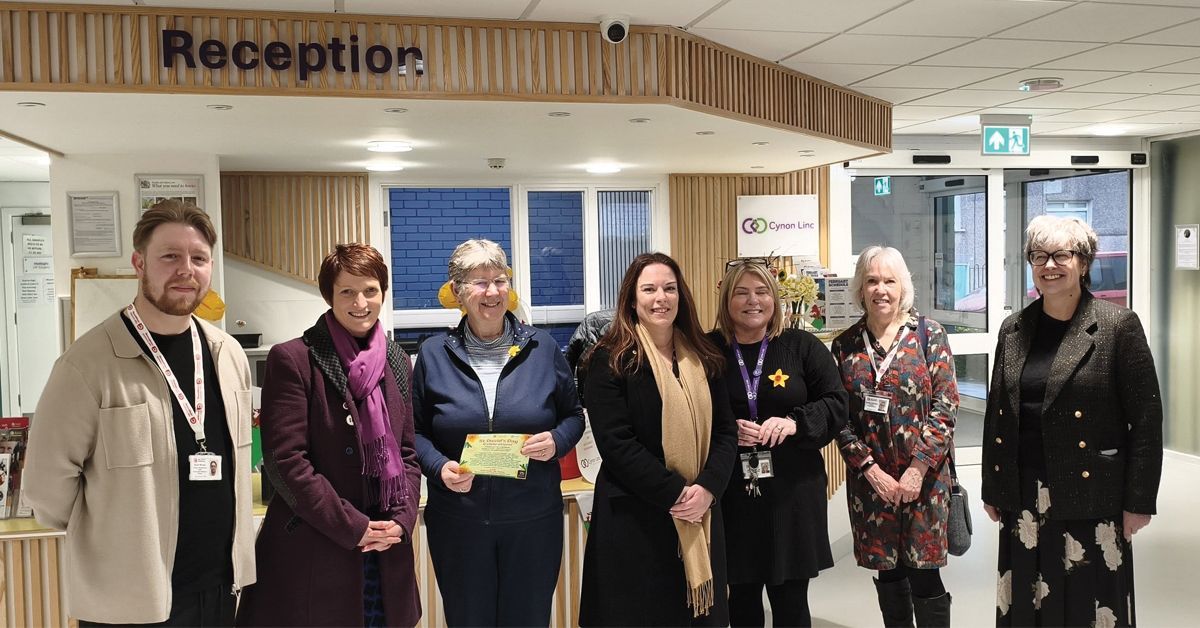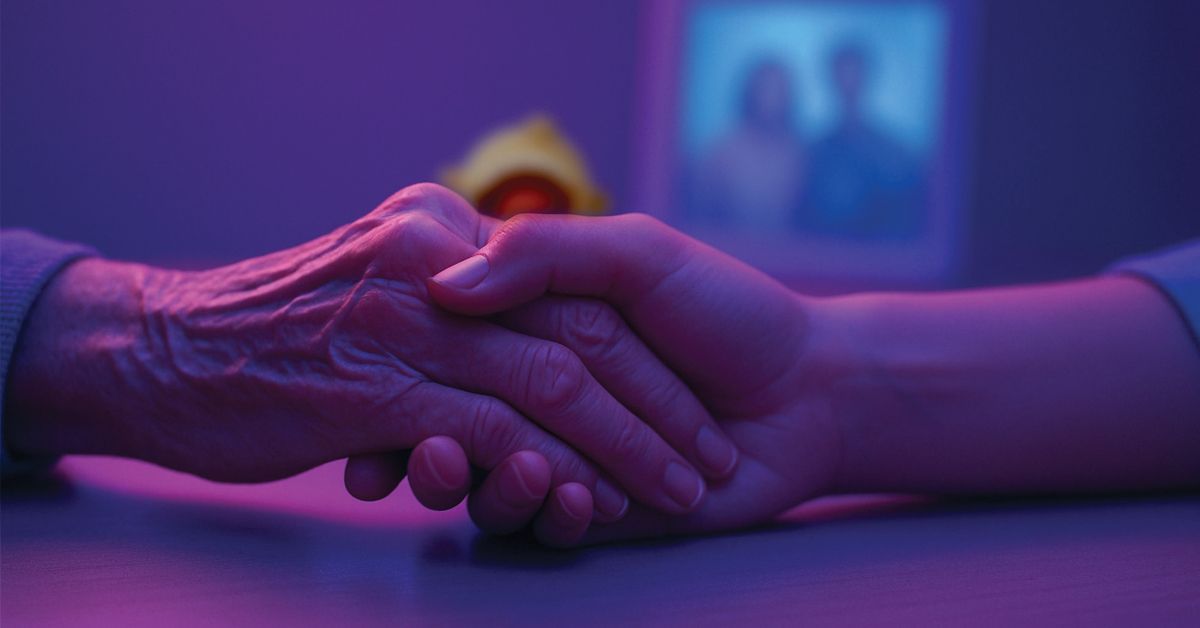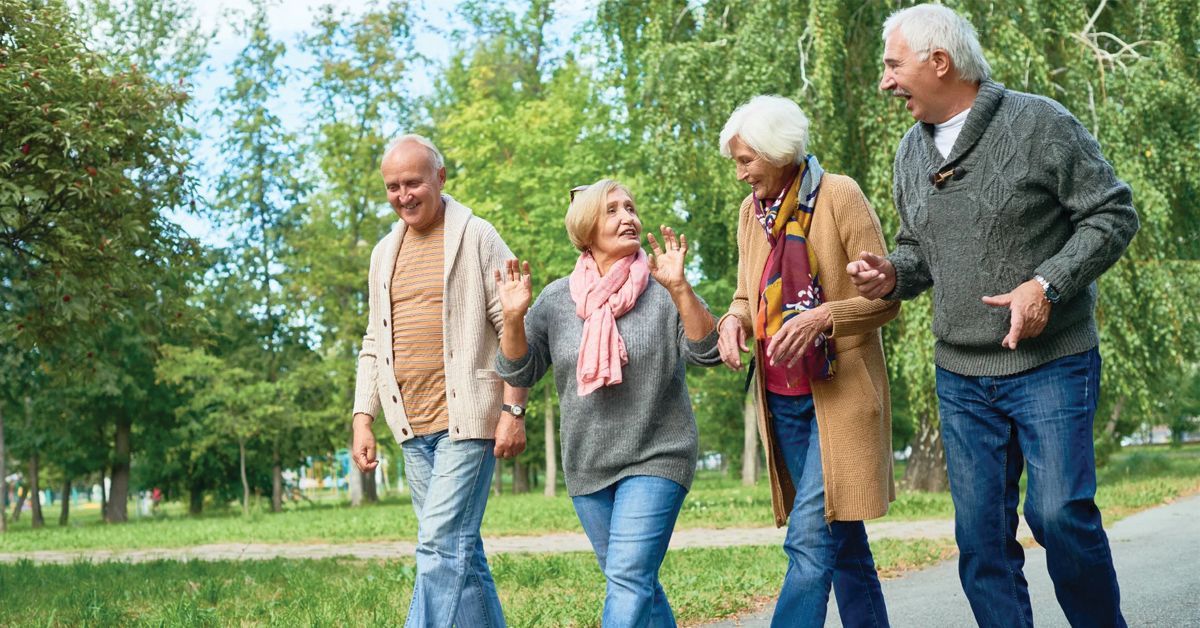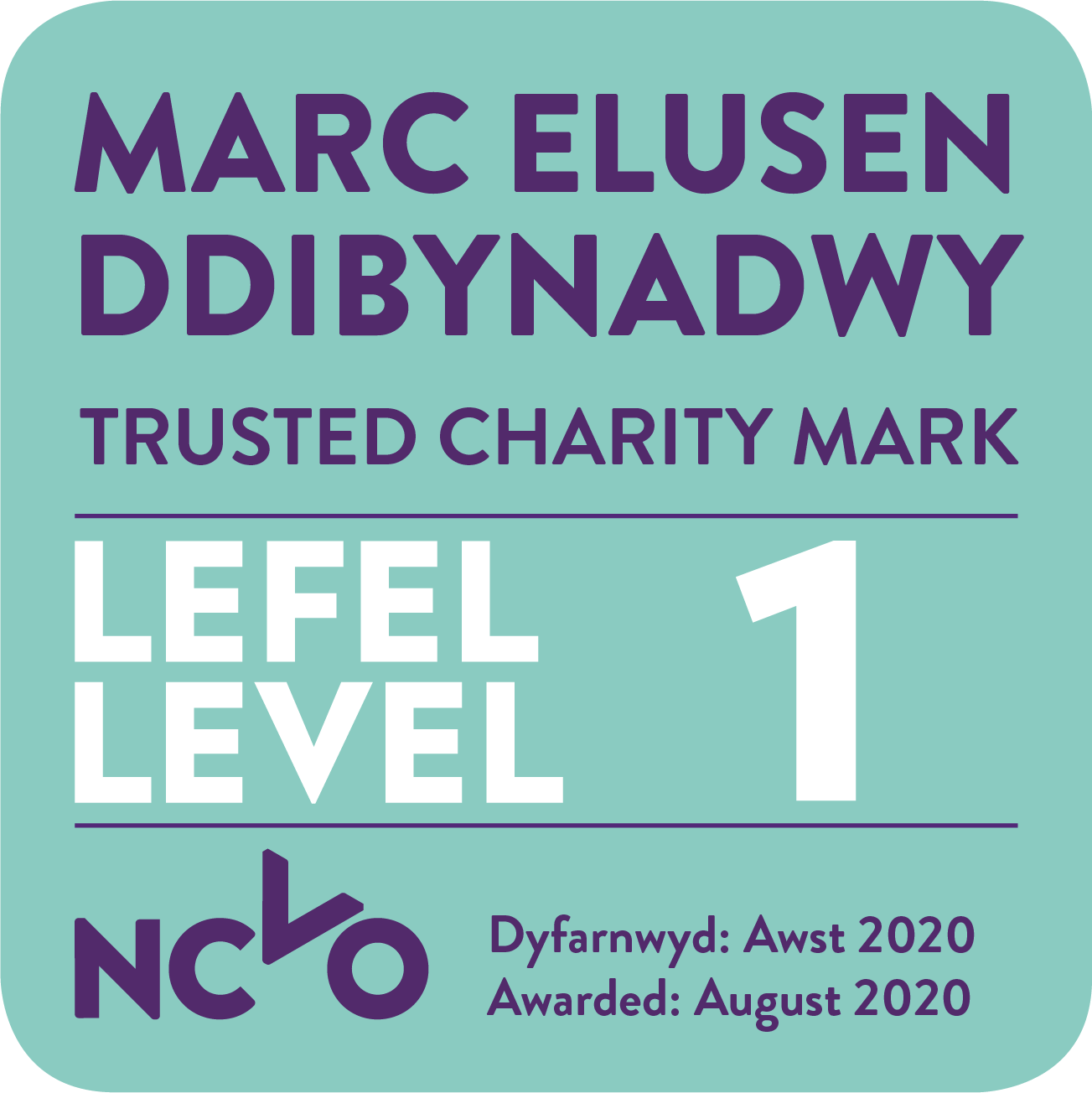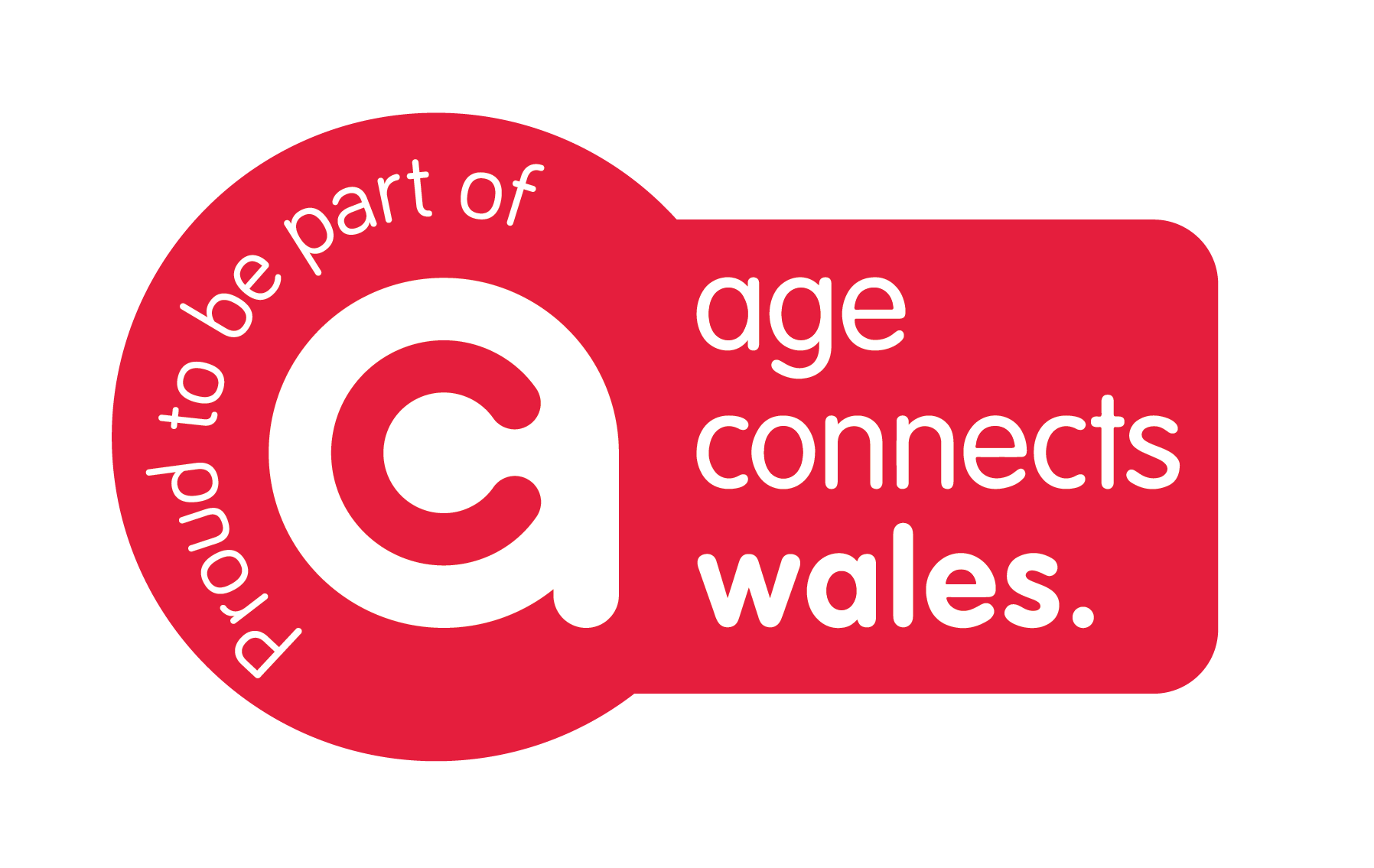5 Ways to Avoid Trips, Slips and Falls
Age Connects Morgannwg
February 12, 2020
5 Ways to Avoid Trips, Slips and Falls
Falls are not an inevitable part of growing older. In many cases, however, age-related factors such as health conditions and medications can increase the risk of tripping or falling.
Falls are the leading cause of injury-related hospitalisation in older people and as many as 6/10 falls happen in the comfort of your own home. Even if an older person is generally in good health, once they suffered a fall-related injury, this can have a knock-on effect on other health related issues.
The good news though, is that most of the time falls can be prevented. By reducing your risk of a fall, you can help ensure that you, or a loved one, are kept on your feet and living independently in your own home for longer.
Here are our 5 tips to avoid taking a tumble:
1. Health checks
Your general health is always a good place to start when making sure you are steady on your feet. Sometimes we blame objects around us but it may be an underlying health issue that may be the cause of a fall.
Here are some questions to ask:
- Do you take 4 or more medications and are you due a medication review? Tablets we take can sometimes affect balance or other areas of our health so making sure you are aware of any side effects can make a real difference. Contact your pharmacist or local chemist for peace of mind. (This is usually a FREE service)
- Blood pressure – has it been 12 months since you’ve had your pressure checked? Water Infections - are you visiting the toilet too often or having trouble making it in time? If you answered yes to either then you might want to speak to your GP as high blood pressure and water infections can cause a loss of balance.
- Eyesight - Are you struggling to see objects around you? Have you noticed any blurriness or gaps in vision? Make sure you keep up to date with appointments with your local optician as your sight plays a huge factor in how you go about your daily life.
If you have previously fallen or have had a near miss and now live in fear of falling, speak to your GP. They can refer you to a National Exercise Scheme or your local falls clinic which will offer a full exploration and assessment of your needs to help you stay on your feet.
2. Reducing hazards in the house
Your house may contain hazards that will act like a ticking timebomb for your next fall. Clearing any objects that are a tripping hazard will reduce your risk greatly. You should also ask yourself whether you would benefit from aids like handrails or grab bars around the house? Do you get up during the night or struggle with stairs or steps, for example? If so, you can get in touch with organisations like Care and Repair who can advise you about adapting your home to suit your personal needs.
3. Use a walking aid
Many people refuse to use walking aids but it can make such a difference to keep you steady on your feet. It also allows you to get out and about with more confidence and less fear of falling. If you would like to find out more, get in touch with your local Social Services who can carry out an assessment and let you know if you are eligible. If not, give us a call
today and we can recommend a local organisation that provides walking aids.
If you already use a walking aid, check whether it has started to wear or if it needs replacing? If it doesn’t support you properly it is increasing the risk of you falling. You can also speak to your GP on your next visit who may refer you for physiotherapy or advise on where best to get your current aid replaced.
4. Improve your footwear
The importance of good footwear is key to preventing falls. Wearing ‘slip-ons’, flip flops or loose-fitting shoes will increase the risk of tripping over or twisting your ankle. There are many shoes stores that will assist you in checking that the shoes fit correctly and whether you are the size you think you are. So next time you are at the shops, all you need to do is ask for assistance.
5. Keep your toenails neatly clipped
This is something that is often overlooked in older age as we just assume everyone can cut their own toenails. As you get older, it gets more difficult to cut your nails and as a result they can come to be overgrown and cause a lot of pain (and embarrassment). This can affect the ability to walk and increase the risk of falling over – especially as many people suffer in silence.
The good news is that there are Nail Cutting Services available that can help you keep your nails neatly clipped. Age Connects Morgannwg provide their Simply Nails Service where specially trained technicians cut nails and toenails from a range of clinics across RCT, Merthyr Tydfil and Bridgend. This service is available to people of all ages and house visits are available. Read more about the service and book an appointment here.
What to do if you have recently had a fall...
If you, or someone you know, has recently fallen and doesn't know what to do going forward, please get in touch today and we can advise you further. There are many services available that can help so don't be afraid to get in touch.
Call us on 01443 490650
or email us at information@acmorgannwg.org.uk
We look forward to hearing from you!



